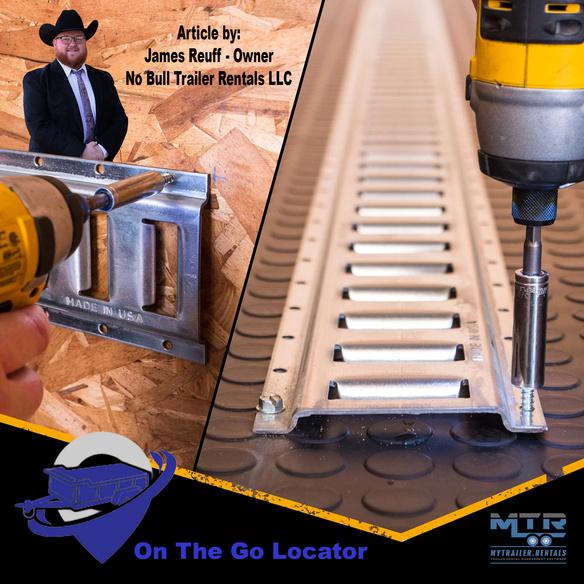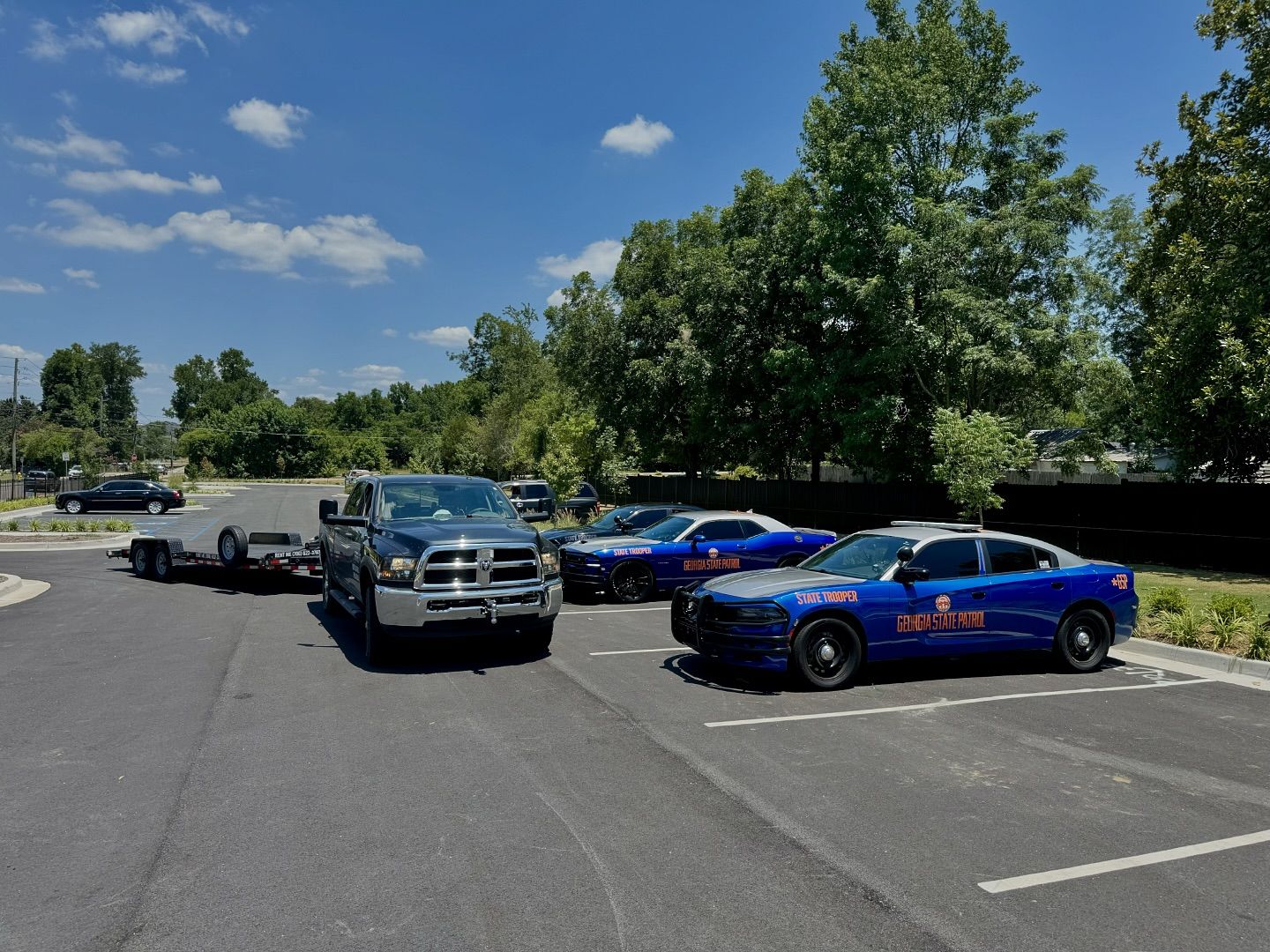The Importance of Professional Horse and Livestock Trailer Rentals: Health, Safety, and Sanitization

Introduction
Renting horse and livestock trailers might seem straightforward, but it involves a complex web of considerations to ensure the health and safety of the animals you transport. In this article, we’ll delve into the critical aspects of renting these trailers, focusing on health and safety protocols, the essential sanitization process, and understanding the risks associated with EHV (Equine Herpesvirus) and what it means for you as a trailer rental business owner.
Why Health and Safety Matter
When it comes to transporting livestock, maintaining the highest standards of health and safety is crucial. Animals are highly sensitive to their environment, and even minor oversights in trailer maintenance or cleanliness can lead to significant health risks. For owners, understanding these risks and ensuring thorough trailer sanitization helps prevent the spread of diseases and protects both the animals and their investment in the trailer rental.
The Role of Sanitization
Sanitization is more than just a routine cleaning process; it’s a fundamental practice to safeguard animal health. Livestock trailers can be breeding grounds for pathogens if not properly cleaned. Fecal matter, urine, and organic debris left in trailers can harbor bacteria and viruses that pose severe risks to animals.
Horse owners care deeply for their animals, often considering them as family members. The value of these animals can range from a few hundred dollars to over $200,000, depending on their bloodlines. Though the focus here is on horses, the rest of the livestock community also has significant investments in their animals, which can transmit a variety of germs and diseases.
What is Equine Herpesvirus (EHV)?
EHV is a group of viruses belonging to the Herpesviridae family, affecting horses. There are several strains, but the most significant types are EHV-1 and EHV-4, each associated with different clinical manifestations.
Steps in the Sanitization Process
- Initial Cleaning: Remove all debris, manure, and waste from the trailer. This step includes sweeping, scraping, and hosing/pressure washing all surfaces. Your client should have this step completed before returning the trailer.
- Disinfection: Apply an agricultural disinfectant that is proven effective against a broad spectrum of pathogens. The disinfectant should be suitable for livestock environments and follow the manufacturer’s guidelines for dilution and contact time.
- Rinsing and Drying: Thoroughly rinse the trailer to remove any residual cleaning agents. Proper drying is essential, as moist conditions can encourage pathogen growth.
- Inspection: Conduct a final inspection to ensure all areas are clean and dry. Check for any potential issues that might need attention before the trailer is rented out again.

Transmission of EHV
- Direct Contact: The virus can be transmitted through direct interaction between infected and healthy horses. This includes nose-to-nose contact or sharing feed and water sources.
- Indirect Contact: EHV can also spread via contaminated surfaces and equipment. This includes trailers, grooming tools, and tack that have been in contact with an infected horse. The virus can survive on surfaces for several days, making effective cleaning and sanitization crucial.
- Airborne Transmission: The virus can be dispersed through respiratory droplets when an infected horse coughs or sneezes, potentially contaminating the environment and affecting other horses nearby.
The virus can survive in the environment for several days, especially in damp or dirty conditions. This means that if a trailer previously carried an infected horse and isn’t thoroughly cleaned, it can easily spread the virus to healthy animals.
Why No Shortcuts are Acceptable
Given the risks associated with EHV and other pathogens, there’s no room for shortcuts in the sanitization process. Proper cleaning and disinfecting are essential to prevent the spread of disease and to maintain a safe environment for the animals. A lapse in these procedures can have serious consequences, including disease outbreaks, which could result in substantial financial and emotional costs for horse owners and the broader equestrian community.
Liability Considerations
Trailer rental businesses must be aware of their liability in ensuring the safety and cleanliness of their equipment. If a rented trailer is found to be improperly sanitized and this leads to the transmission of disease, the business could face legal repercussions, financial losses, and damage to its reputation. Therefore, adhering to stringent sanitization protocols is not just a matter of good practice but a critical component of legal and financial responsibility.
Conclusion
Renting horse and livestock trailers involves much more than simply providing a vehicle for transport. It requires a comprehensive approach to health and safety, with a strong emphasis on effective sanitization to prevent the spread of diseases like EHV. By understanding the risks and committing to thorough cleaning processes, trailer rental businesses can ensure the safety of the animals they transport and protect their own interests. For horse and livestock owners, choosing a rental service that prioritizes these standards is key to ensuring a safe and healthy journey for their animals.
**Editor's Note: James has graciously created a downloadable PDF of this article for you.
For more information, contact James Reuff at:
www.NoBullTrailers.com
NoBullTrailerrental@aol.com
About the Author:
James is the owner and operator of No Bull Trailer Rentals, a leading trailer rental service based in Brookfield, Ohio. Since founding the company in 2022, James has built a reputation as an industry veteran, successfully overseeing 778+ trailer rentals to satisfied customers. No Bull Trailer Rentals offers a diverse selection of Car, Deckover, Dump, Enclosed, Horse, & Livestock trailers, making it easy for customers to find the perfect solution for their hauling needs. For more information about James' trailer rental services, visit www.NoBullTrailers.com.





